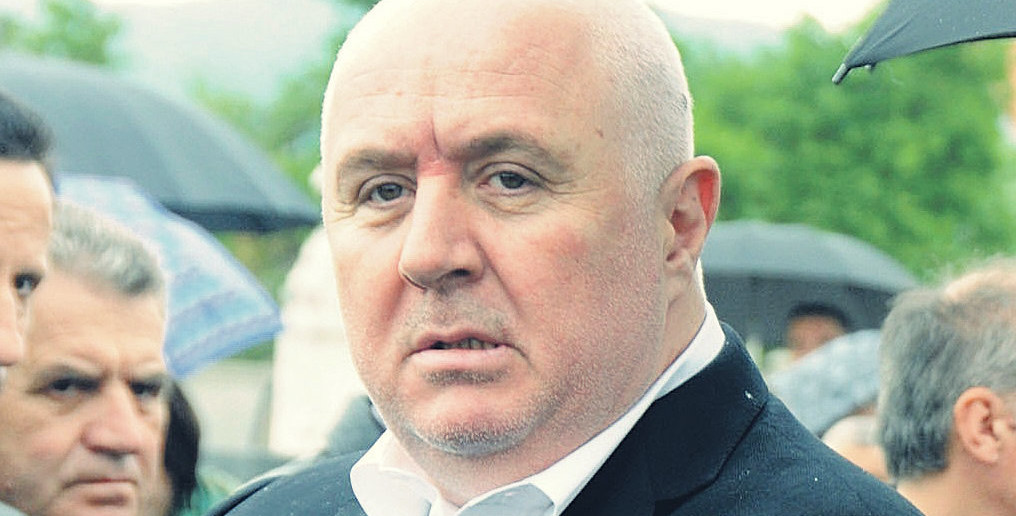The price of electricity from the new thermal power plant in Pljevlja will significantly depend on how much the Government will manage to stand against the efforts the owner of Rudnik uglja (Coal Mine) to sell the coal at the highest price possible. The Government let Montenegrin Electric Enterprise (EPCG) and Rudnik uglja independently agree on the final decision on the price of coal that Rudnik uglja will sell and what will be the margin. The profit of Rudnik uglja will depend on the margin, i.e. how satisfied private interest of the A2A Company and the prime minister’s brother Aco Djukanovic, who are, together with the state, major shareholders of Rudnik uglja, will be.
The margin represents the profit Rudnik uglja is left after production costs are deducted from the selling price of coal. It is not known what is the margin that the Pljevlja based company has calculated into the price at which it sells to EPCG the coal necessary for the work of the existing thermal power plants, nor whether it is based on market principles.
In the feasibility study on the construction of the Unit II of the thermal power plant in Pljevlja, which was made by Deloitte consulting company from Belgrade for the needs of EPCG, there is a projection of the production cost of coal at which Rudnik uglja would sell it for the new thermal power plant, which is further increased by the eight percent margin and the result is the final selling price of coal.
However, the study clearly shows that the eight percent margin is not final, but „EPCG and Rudnik uglja will define the final margin in further negotiations“, which means that the two companies may set a higher margin than the projected eight percent, which would directly increase the selling price of coal and also result in a higher production cost of electricity from the new thermal power plant.
Having in mind the fact that the state is the major shareholder of EPCG, while Rudnik uglja is privately owned, with the Italian A2A being the single major shareholder and the prime minister’s brother Aco Djukanovic having almost 12 percent share in the company, it is apparently an unacceptable approach of the Government, as it leaves room for defining profit based on interests of private companies and individuals. Moreover, such approach is disputable as it brings into question the overall projection of the prices of coal and electricity presented in the study.
MANS has already emphasized that the study highlights that by 2027 the selling price of coal must be reduced from the current €25/ton to around €17 in order to ensure cost-effectiveness of the Unit II, and dismissal of workers is envisaged to be the key measure for the reduction of the cost production.
Thus, the study projects that an optimal number of the employees in Rudnik uglja in years to come should be 544, provided that the main equipment for coal exploitation are trucks, or 520 employees if the bucket-wheel excavators are the main equipment for coal exploitation.
Since the financial statements of Rudnik uglja for 2015 showed that at the close of the year there were 935 workers in the company, this implies that 391 employees will lose jobs if the company opts for using trucks in the process of coal exploitation, or 415 workers if bucket-wheel excavators are the main equipment for coal exploitation.
Furthermore, MANS has already published that by 2040 electricity costs must rise nearly four times, i.e. 376 percent so that the Unit II of the thermal power plant is cost-effective.
The Parliament of Montenegro opens a debate on the decision regarding interstate agreement with the Czech Republic which would legalize the selection of the company Skoda Praha as the best bidder for the construction of the new thermal power plant, despite the fact that numerous financial elements of key importance have not been agreed yet.
In that sense, not only the construction costs of the Unit II is not agreed upon and the model of investment financing is not known, but it has neither been confirmed that the project is financially sustainable at all.
Despite this, the government requires that MPs support the interstate agreement with the Czechs in advance, which confirms anew the government’s ambiguous attitude towards the project which will heavily affect all Montenegrin citizens, not only through electricity bills, but through huge health care and environmental costs which will be paid from the state treasury.
MANS




